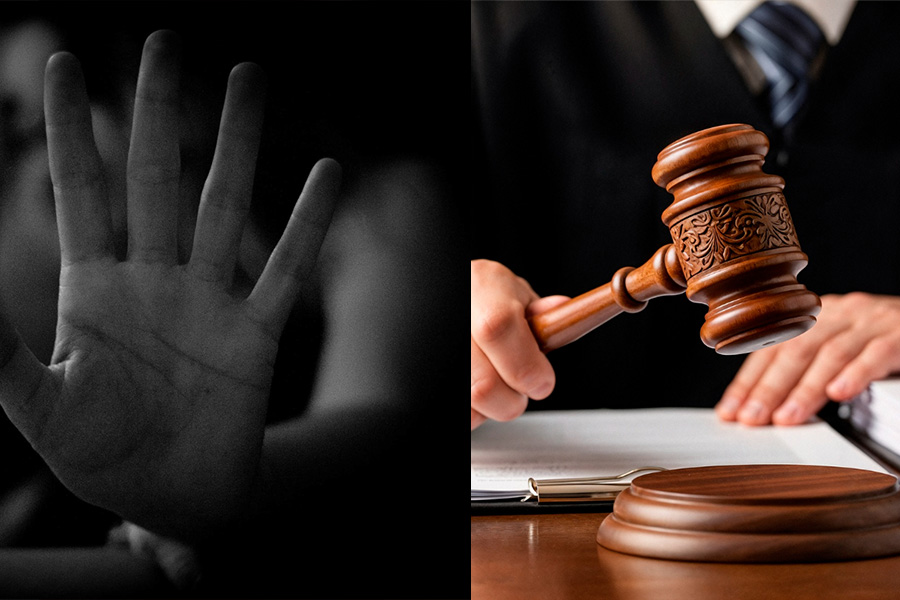
The legal system’s handling of rape cases in India reflects patriarchal bias, necessitating structural and behavioral changes to improve victim support and justice.
Authors
Paribhasha Sharma, Indian Institute of Forest Management, Bhopal, India
N. Prabha Unnithan, Colorado State University, Fort Collins, CO, United States
Sneha Kadyan, Assistant Professor, Jindal Global Business School, O.P. Jindal Global University, Sonipat, Haryana, India
Summary
The extant literature has frequently described the legal system’s approach to prosecuting sexual violence as shaped by ‘captured law’ and marked by a persistent justice gap. A qualitative analysis of the prosecution of rape cases allows us to show empirically how these two concepts operate. Employing a thematic analysis of 22 in-depth interviews with rape victims and public prosecutors in Kolkata, India, the study explores how rape cases are managed in Indian courts. The findings reveal that victims perceive the legal system as a patriarchal institution largely indifferent to their needs, whereas prosecutorial responses often reflect the same patriarchal framework ranging from indifference to outright insensitivity. The implications of the present study underscore the need for structural and behavioural changes aimed at shaping the attitudes and practices of legal professionals. Future research should illustrate and further elucidate how captured law and the justice gap manifest in other parts of the world.
Published in: International Social Science Journal
To read the full article, please click here.

